For the past few years, rather than asking, “How you doing?” remodelers and others are asking, ” Are you busy?” The assumption is that if you are busy then you are doing OK.
I recall pondering this same thing many years ago at Flying Pie. We wanted to know that we were making money before we advertised how great we are. Remodeling is a lot like making pizzas, but we are doing it on a larger scale with more variables. Busy can be the last thing you are right before you close the doors, if you are not profitable too. I was actually worried that we were busy, sort of counter intuitive, don’t you think?
I also recall admiring the Albertson’s stores , who at the time had fewer stores than their rivals. They not only had the most profitable stores, they had the more overall profit than their larger competitors. In other words, bigger isn’t always better, and being busy and being profitable are not mutually exclusive.
The answer is yes, we have been busy. The question is are we busy being profitable? The bummer is that being profitable is not a for sure thing. I am constantly checking in with myself… Am I doing the most important thing to advance the profitability and reputation of my company?
I recall Howard Olivier explaining that we make and lose money every minute that we are open. The thing to get into everyone’s head is that “we don’t pay for effort” If your effort is misplaced or without guidance, it could actually be counterproductive. (an unfortunate reality on two projects recently). We reward great results, not great effort. In other words, do what I want… not what you want.
Estimating properly is quintessential to being profitable. It is nearly impossible to nail the bid for me. The larger the job, the greater the risk. There will always be things that are not taken into consideration that pop up. They sometimes go over budget, and occasionally cost less. Michael Stone, an industry leader and very wise man says in his book Markup and Profit that everything over $300 needs to be bid. Michael Gerber, of the E Myth group of books, describes the essential components of creating a sustainable business. He has my full attention when he describes working on my business rather that working in it.
My Achilles Heel is always the labor. Why I can’t estimate how long it takes others to accomplish a task is an on going mystery. The lessons are everywhere if you learn from your results.
What I do is sell the concept of an improved living space. Then, if all goes as planned, I make good on my promise by achieving the real space improvements and having it all work as advertised.
Making money is the goal. Being good at what we do allows us to make money. In my world, making money is the byproduct of doing a good job. Here is how I do it.
- I add value to a home by combining good materials with good craftsmanship in a way that was agreed upon
- I provide legendary customer service
- I manage expectations with schedules and regular and clear communication.
- I deal with issues as they arise with my “we always win” attitude
- I employ the most talented staff and subcontractors I can find to make things go as planned.
The fairies and elves that do the work are the unsung heroes. As a contractor it is an ongoing challenge to fulfill the dreams of the clients and deliver the goods. How we make the sausage is not always pretty. Everything we do is out in the open. We frequently have to make quite a mess to create something beautiful. Essentially, we are on stage all the time.
Therein lies a valuable lesson for me and all remodelers.
- Get busy
- Be profitable now
- Earn a well-deserved reputation for being busy.
A mentor Phil Rae a contractor and weekly motivational speaker ends his monologues with “Now git out there and sell something,” which is exactly what I am going to do.



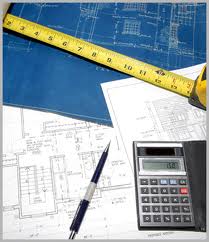
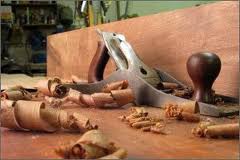


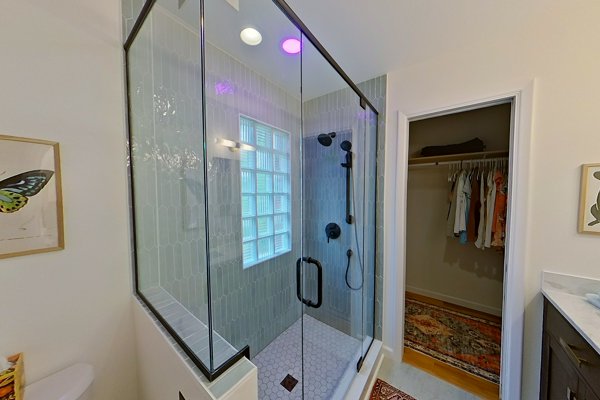
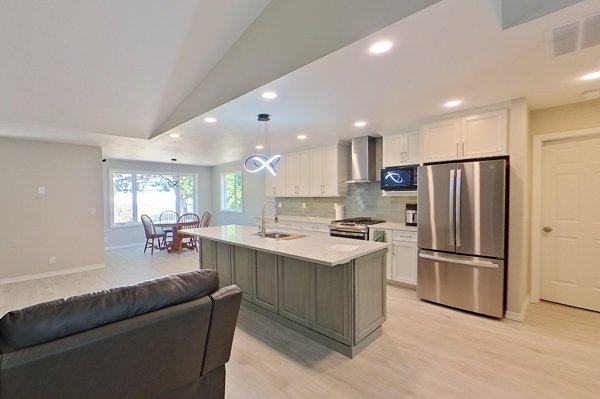
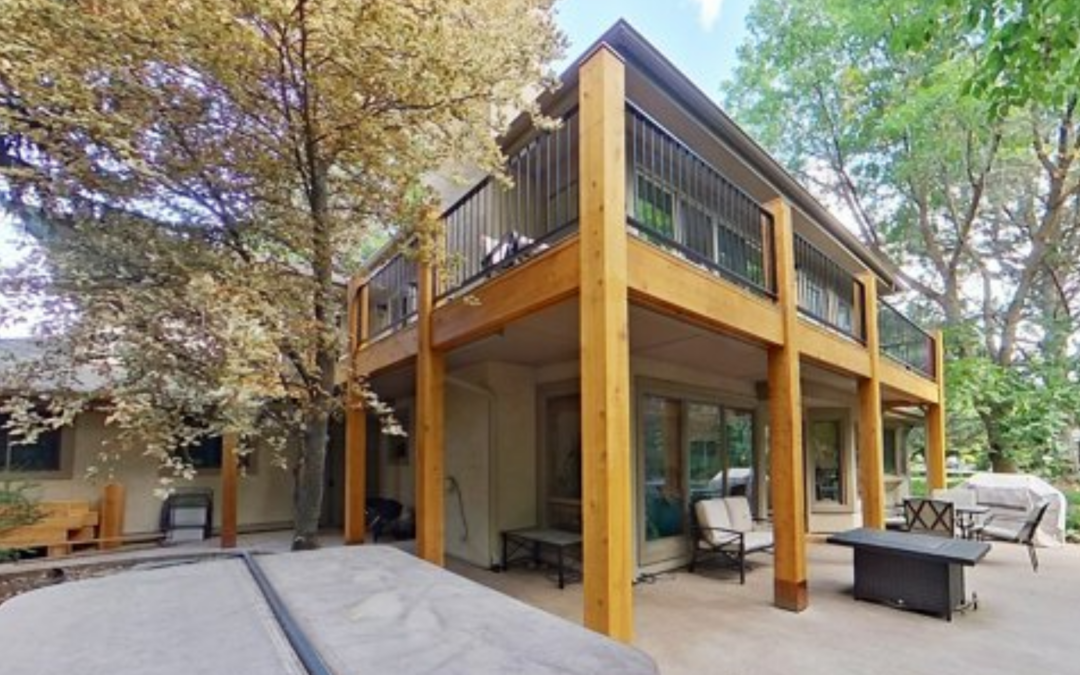
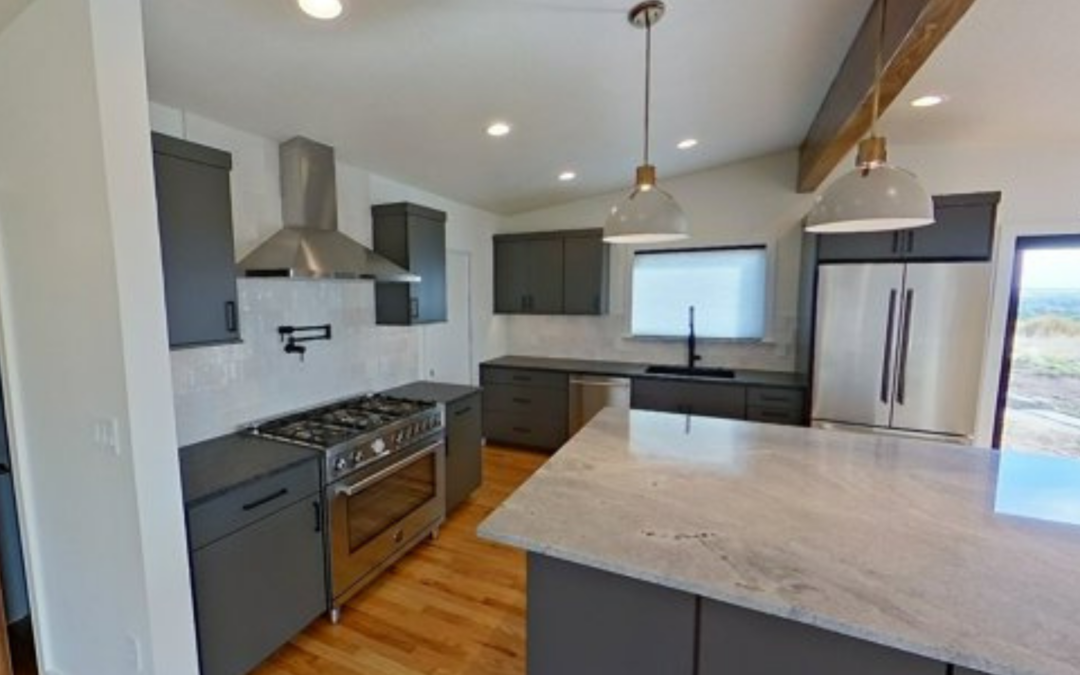
0 Comments